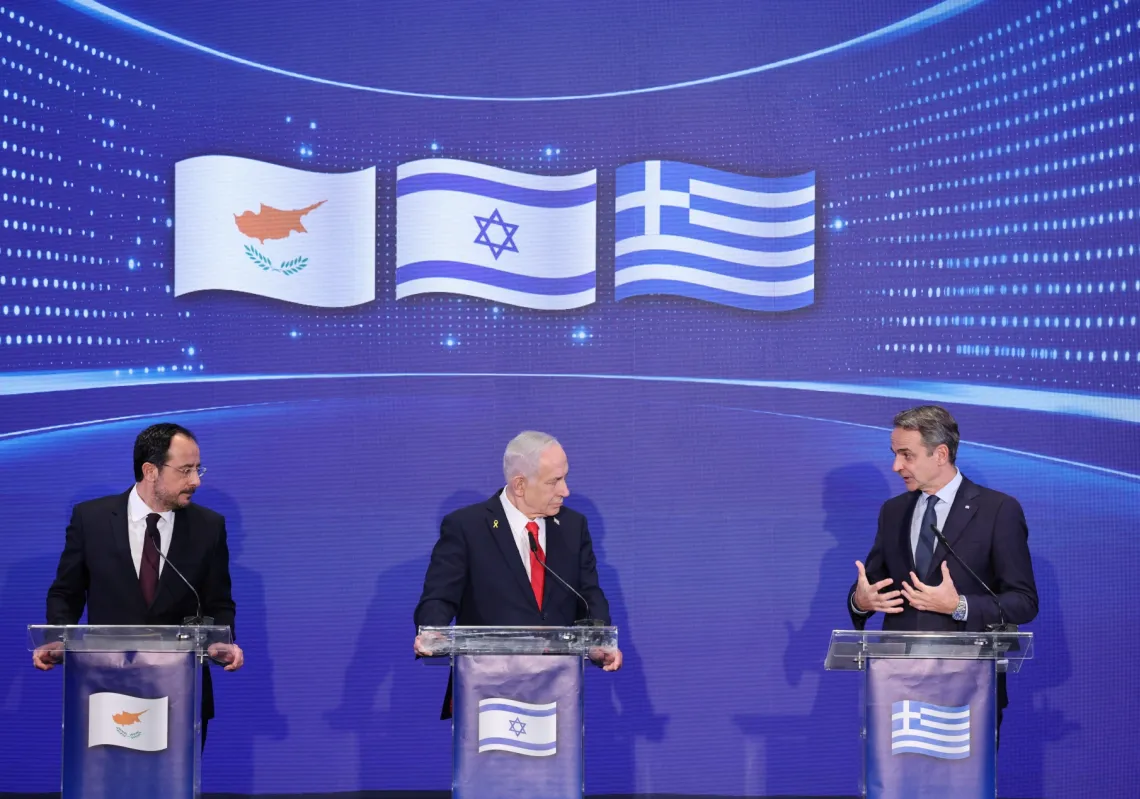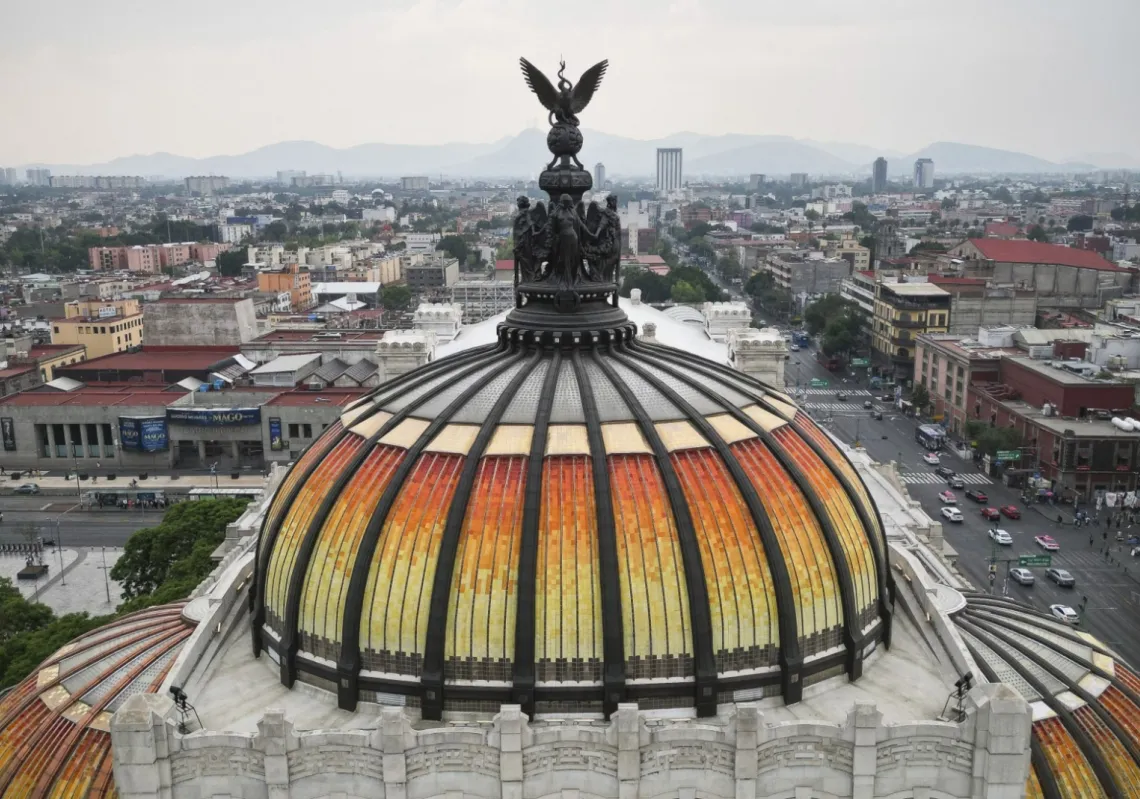 Al-Saddiq Al-Raddi. (Tam Hussein)[/caption]In 2012, Al-Saddiq Al-Raddi went from being Sudan’s most celebrated poet to a political refugee. His poetry anthologies Songs of Solitude and the Sultan’s Labyrinth, published in 1996, as well as The Far Reaches of the Screen, published in 1999 and 2000, have all received critical acclaim. His Poem of the Nile was one of the few translated works that earned a spot in the prestigious London Review of Books. Al-Raddi's poetry has been read at Poetry Parnassus, the world’s largest poetry festival, and has been compared by critics to Darwish and Adonis. One of his translators, Sarah Maguire, has described him a leading star in their lineup of poets.
Al-Saddiq Al-Raddi. (Tam Hussein)[/caption]In 2012, Al-Saddiq Al-Raddi went from being Sudan’s most celebrated poet to a political refugee. His poetry anthologies Songs of Solitude and the Sultan’s Labyrinth, published in 1996, as well as The Far Reaches of the Screen, published in 1999 and 2000, have all received critical acclaim. His Poem of the Nile was one of the few translated works that earned a spot in the prestigious London Review of Books. Al-Raddi's poetry has been read at Poetry Parnassus, the world’s largest poetry festival, and has been compared by critics to Darwish and Adonis. One of his translators, Sarah Maguire, has described him a leading star in their lineup of poets.
The attraction of his poetry is in its deceptive simplicity. At first, it seems replete with yearning for a past long gone. He incorporates the symbolism of Sudan’s poetic landscape, drawing from its rich tradition of Sufi poetry as well as his more modern predecessors. Yet for all the lyricism drawn from Sudan’s languages, cultures and history, his verses seem full of challenge. The man is a Sudanese trouble maker—or at least, that is how the Sudanese government sees him.
Al-Raddi was born in Omdurman and distinguished himself as a poet very early on, and he is the youngest member of the Sudanese Writers Union. His poetry has been celebrated by a number of prestigious prizes in Sudan, and it is recognized in the Arab world. However, it is difficult to see just why the man with the broad smile and easygoing manner would be so troublesome to the regime. After all, he insists that he was not engaged in politics. (Previously, he was the cultural editor for Al-Sudani, and before that a sports correspondent.)
He blames the Sudanese Islamist government for his change. Their attempt to impose their vision on the masses led to his removal not only from the newspaper, but also from his beloved Sudan. It was this that set him off on a creative journey into Sudan’s past. To him, that was the only way to defy the regime's myopic vision of Sudanese identity. His emphasis on history is supported by his view that Sudan is not just a Muslim country, an Arab country or an African country, but a multifaceted reality that resists simplistic definition.
[inset_left]Al-Raddi’s resistance is not driven by hatred for the faith, but rather by the way he believes that the regime twists Islam into a plaything.[/inset_left]
What strikes one most about this talented poet is his innate sense of religiosity that demands that one prays or performs acts of piety without compulsion. It seems that Al-Raddi would reject any sort of ideological imposition, whether it be Islam, liberalism, Marxism or nationalism, and yet would absorb it if it was offered freely. Whatever ideology Sudan embraced, it had to grow organically and emerge from its cultural heritage and people. It is this same sentiment that made Al-Raddi embrace free verse, since he felt stifled by the rigors of adhering to classical forms.
Al-Raddi’s resistance is not driven by hatred for the faith, but rather by the way he believes that the regime twists Islam into a plaything. As he said to The Majalla, “Our problem is not with Islam or Islamic civilization, but rather its use for political ends which destroys society.” He showed this by reflecting Sudan’s rich history in poems that portrays the history of Sudan’s multifaceted past. Al-Raddi’s knowledge of his past allows him to flit from the relics that predate the Egyptian pharaohs to the Saharan trade routes that connected his country with West Africa, Libya, the palaces in Baghdad, Sicily and Andalusia. Yet while the man knows his history, he is not closed to other influences. His interest in the Sudanese past is not inspired by nationalist considerations. Rather, he is open to ideas from Darwish, Abdel Qadir Gilani, Michelangelo, and Hemmingway to Persian philosophy; his mind seems forever curious and embraces and discards all comers. In a way, he exhorts the Sudanese people and the military dictatorship to follow his example.
For Al-Raddi, the biggest proof of the failure of political Islam is the division of Sudan into two parts. He describes it as a tragedy. While he is cynical about the administration of the South Sudanese government and views them as equally corrupt, he blames President Omar Al-Bashir for driving a wedge into the country. “In Sudan,” he says, “there are Copts, Animists, as well as Muslims. There used to be no problem in the past; all of us were equal and as citizens had the same rights. But the problem with political Islam was that it alienated those in the South. The conflict in the South may have preceded Bashir and was far from being a jihad! But he made it into a jihad.”
It was this alternative vision the poet offered to his readers that frightened the military regime. He waves his hand, showing me his mutilated thumb, and explains: “[The government] came for me because my poems were famous for [their] opposition to them, and demonstrators recited my poems on the streets against them.” One wondered why he did not leave, like many of his colleagues who fled to Egypt, Canada and Australia after the military coup in 1989. He replies that something compelled him to stay. He says he was like Hemmingway, in that he was young and possessed the desire for the experience. Of course, within a year, he found himself inside a prison cell, tortured, beaten and unable to see his family.
Not being able to coerce Al-Raddi, the regime tried cooption. He refused, so the regime tried to exclude him from Sudan’s cultural life. “They gave poets of a lesser caliber media attention because they were with the party. The government gives you all the resources and a good life because you were with them and supported their project. And if you were not with them, they hurt you." But instead of breaking his spirit, this cultural isolation made him even more determined to oppose the regime, and in particular its political ideology.
There comes a point, though, when the battle of ideas becomes enough. In the summer of 2012, following a wave of arrests in Sudan, the noose began to tighten around Al-Raddi’s neck. Fortunately, by a great stroke of luck, Al-Raddi was in London at the time, representing Sudan in one of the largest gatherings of international poets. He reluctantly applied for political asylum and was successful. He left behind his family and now faces a life alone in London. Yet that which does not break him seems only to make him stronger. He is learning English and adjusting to the hustle and bustle of London life while he yearns to reunite with his family. And although the downside is that this unsettled lifestyle prevents him from writing as much as he would like, his verse is now truly free.









